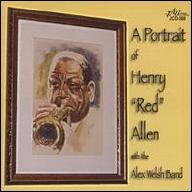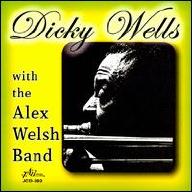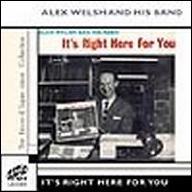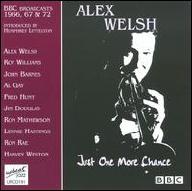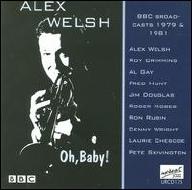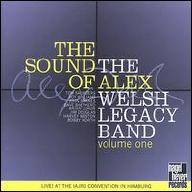While some rival bands in this style focused on their stage costumes and antics or recorded in the pop style to break onto the charts, Welsh always put the integrity of the music first. His hope was to reach the type of intense, swinging interplay that was part of the best Chicago-style Dixieland jazz and at least some degree of success can be inferred from Welsh's following among trad jazz listeners, and even more from the respect he received from top American players such as Pee Wee Russell and Wild Bill Davison. Welsh's homegrown sidemen over the years included Archie Semple, Fred Hunt, Roy Crimmins, Roy Williams, John Barnes, Lennie Hastings, and Al Gay. In the '60s and early '70s, Welsh frequently toured, including several trips to the United States and performances with the likes of pianist Earl Hines and trumpeter Ruby Braff. Influenced by fellow trad jazz bandleader Chris Barber, Welsh developed a big repertoire, working from popular music as well as jazz and building up a large mainstream following for ensembles. If there was any real sense of blues to the proceedings, it would have been in memory of the first generation of sidemen who had built the band up from the ground, but who were no longer alive to enjoy the level of success the group had now achieved. By the mid-'70s, Welsh's health was also failing, but the trumpeter continued reaching for the high notes as long as he could. The BBC commissioned the '90s #Lemonade King, described as "a 30-minute documentary about the life and music of the late, great Scottish jazz trumpet player Alex Welsh." ~ Eugene Chadbourne, Rovi
Alex Welsh
from Edinburgh, Scotland
July 9, 1929 - June 25, 1982 (age 52)
Biography
Highland high notes are what Alex Welsh blew. He was one of the great trad jazz players from the United Kingdom and one of the first Scottish musicians to make a name for himself in a genre far removed from bagpipes and haggis. He began his musical life in Leith on the smaller cornet, later switching to trumpet with either horn case in his hand finding an immediate home for his playing on the traditional jazz scene. That was fine with him, since he had loved jazz since his high school days. The teenage Leith Silver Band and later gigs with Archie Semple's Capital Jazz Band represented the earliest phases of his gigging. He moved to London in the early '50s, forming a new band that rushed to the head of its class like a genius dropped into the fourth grade. Showing the type of aplomb and taste that would serve him well throughout his bandleading career, Welsh made sure every position in the band was filled with an expert, exciting player.
Top Tracks
Albums
Videos
Close


